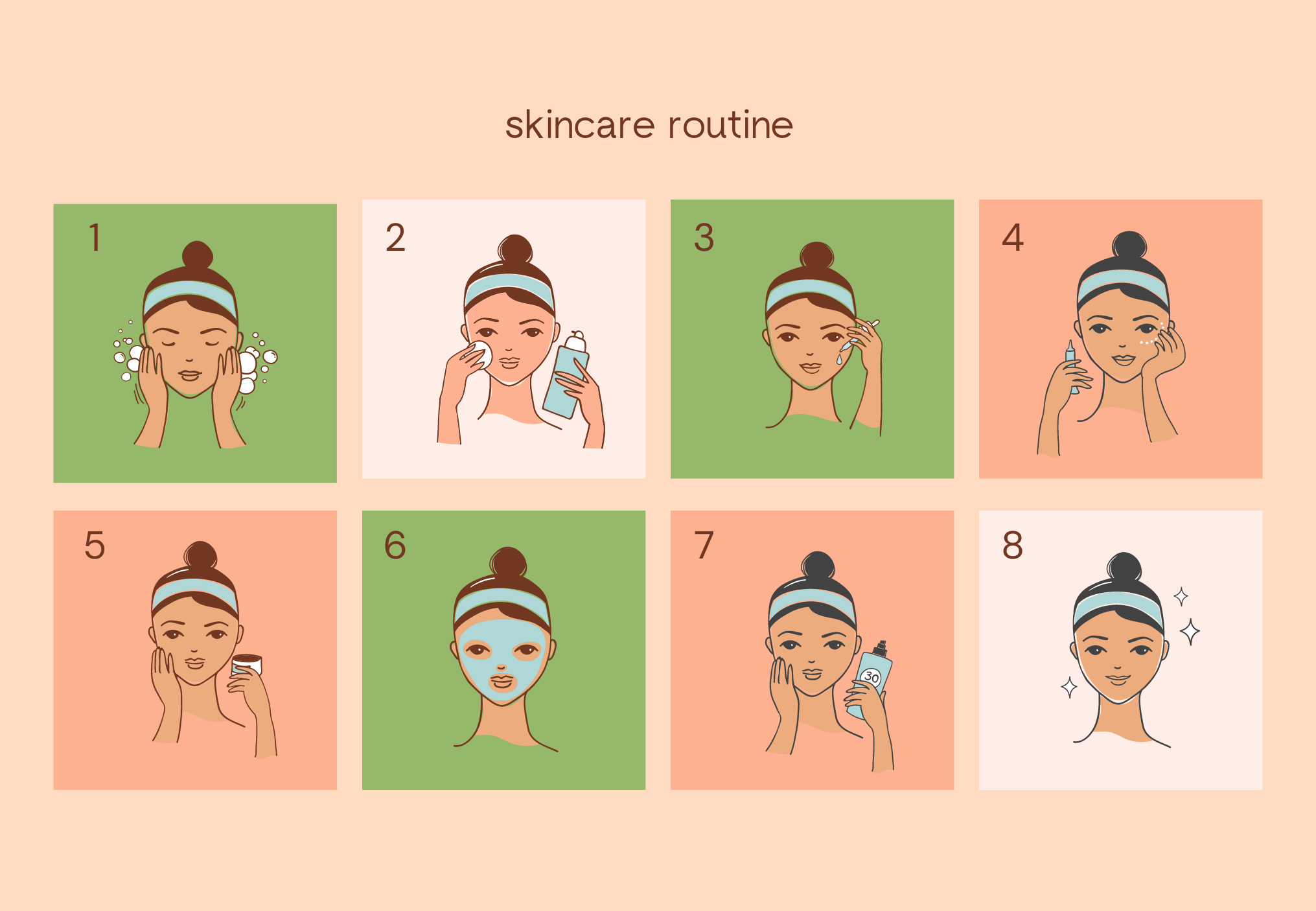Having healthy, youthful-looking skin is a desire for many individuals. One essential aspect of achieving this goal is maintaining optimal skin elasticity. Skin elasticity plays a crucial role in maintaining a firm, smooth, and youthful complexion. There are several strategies you can incorporate into your skincare routine and lifestyle to improve and preserve skin elasticity.
In this article, we will explore effective strategies for enhancing skin elasticity and promoting a more youthful appearance.

Nourish Your Skin with a Balanced Diet
A well-rounded diet rich in essential nutrients can significantly impact the health and elasticity of your skin. Include foods that are high in antioxidants, vitamins, and minerals. Foods like fruits, vegetables, whole grains, lean proteins, and healthy fats provide the necessary nutrients to support skin elasticity. Specifically, incorporate foods rich in vitamin C, vitamin E, omega-3 fatty acids, and antioxidants, as they help protect the skin from damage and promote collagen production.
Stay Hydrated
Proper hydration is essential for maintaining skin elasticity. Drink an adequate amount of water throughout the day to keep your skin hydrated and plump. Water helps in maintaining the skin’s moisture balance and supports the natural processes that contribute to skin elasticity. Additionally, consider incorporating hydrating skincare products with ingredients like hyaluronic acid to boost moisture retention in the skin.
Protect Your Skin from Sun Damage
Excessive sun exposure can damage the collagen and elastin fibers in the skin, leading to a loss of elasticity and premature aging. Protect your skin from harmful UV rays by wearing sunscreen with a high SPF every day, even during cloudy weather. Additionally, seek shade, wear protective clothing, and use wide-brimmed hats and sunglasses to minimize sun exposure and protect your skin from harmful UV radiation.
Maintain a Consistent Skincare Routine
The basic skincare process always true for all skin
- Makeup remover and face wash.
- Kill death celk.
- Balance skin with toner/toner.
- Use special products
- Moisturizer.

A consistent skincare routine tailored to your skin type can promote skin elasticity. Cleanse your skin gently using mild, non-drying cleansers to remove impurities without stripping away natural oils. Incorporate products with ingredients like retinoids, peptides, and vitamin C, which can help stimulate collagen production and improve skin elasticity. Use moisturizers and serums that provide hydration and promote skin firmness. Additionally, don’t forget to include an eye cream to target the delicate skin around the eyes, where signs of aging often appear first.
Avoid Smoking and Limit Alcohol Consumption
Smoking and excessive alcohol consumption can have detrimental effects on skin elasticity. Smoking restricts blood flow to the skin, leading to reduced collagen production and skin damage. Alcohol dehydrates the skin and disrupts collagen synthesis, leading to decreased elasticity. Quit smoking and limit alcohol intake to support skin health and elasticity.
Get Adequate Sleep
Adequate sleep is crucial for overall skin health, including elasticity. During sleep, the body repairs and rejuvenates itself, including the skin. Aim for 7-9 hours of quality sleep each night to allow your skin to rest and regenerate. Invest in a good sleep routine and create a sleep-friendly environment to promote optimal skin health.
Engage in Regular Exercise
Regular exercise not only benefits your overall health but also contributes to improved skin elasticity. Exercise improves blood circulation, delivering oxygen and nutrients to the skin, which promotes collagen production. Engage in activities like brisk walking, jogging, yoga, or strength training to reap the benefits for your skin.
Manage Stress Levels
Chronic stress can negatively impact skin health, including elasticity. Practice stress management techniques such as meditation, deep breathing exercises, or engaging in hobbies to reduce stress levels. High stress can lead to increased production of cortisol, a hormone that can weaken collagen fibers and impair skin elasticity.
Conclusion
Improving and maintaining skin elasticity is a multifaceted
process that involves a combination of skincare practices, lifestyle choices,
and a healthy overall routine. By nourishing your skin from within, protecting
it from harmful factors, following a consistent skincare routine, and adopting
a healthy lifestyle, you can support and enhance skin elasticity. Remember,
maintaining skin elasticity is an ongoing effort, and the results will be most
noticeable with consistent and long-term commitment to these strategies.


